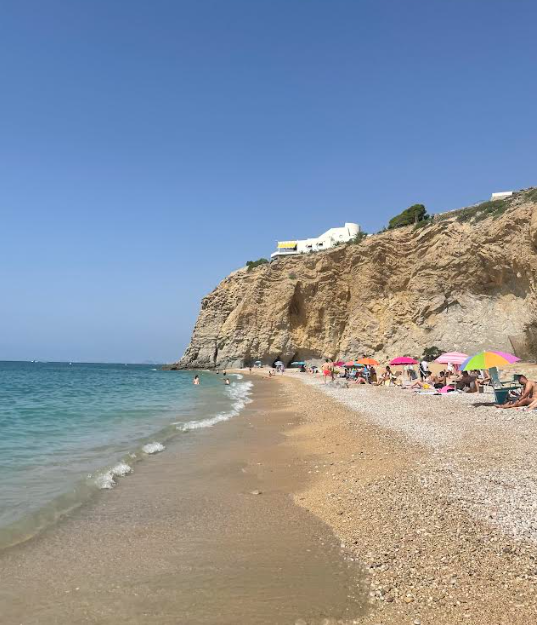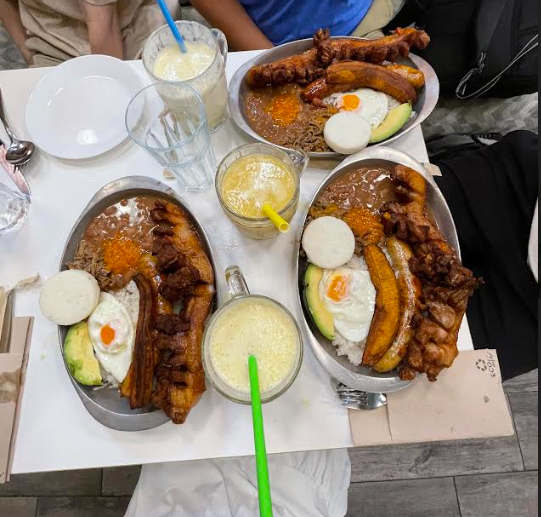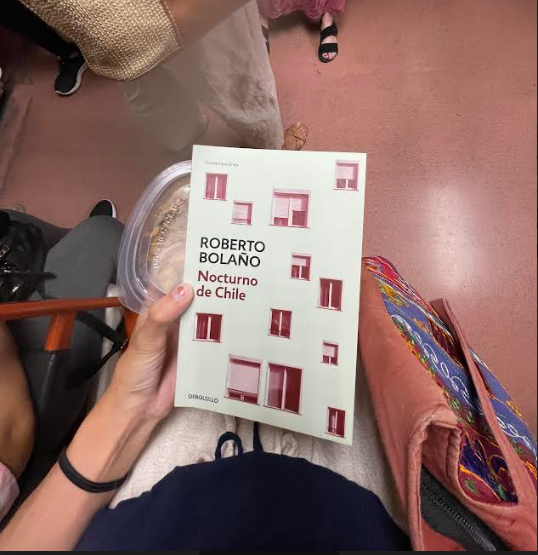
When I returned to Maximo Nivel this summer I was excited to learn that my morning private lessons would be with Alma, the same teacher I had when I was here in January. However, I also learned that I would have a new teacher: Arecely. I was excited to reunite with Alma and was curious to meet a new teacher.
I remember my first Spanish lesson with Arecely vividly because of how personal it was and how much she opened up to me right away. Shortly after basic introductions Arecely began sharing very intimate details about her life and family. I don’t recall if I asked a question that lead into this conversation or if she was the one who lead the conversation in that direction but I remember how stunned I was with how vulnerable she was being with me without knowing hardly anything about me. She shared everything from her experiences as a young girl getting pregnant and being pressured to get married and have more children, her divorce from her husband and experiences as a single mother, and her ex-husbands struggle with alcoholism until he passed away a year and half ago.
In the moment when Arecely was sharing these personal life details I was in a state of shock. I wanted to show my support and care for what she was sharing but I also didn’t want her to feel like she had to keep talking about these topics if they were emotionally distressing to her. I realized my limitations in the language in that I couldn’t express such complex reactions and emotions in support and care for her more than saying “lo siento” or “que triste/horible”. I began to question why she was sharing this information with me so quickly and what her motives were – did she want sympathy, to connect, to build trust, to explain herself? I wasn’t sure. My reaction revealed that I am a much more guarded person who shies away from being open and vulnerable with others from the onset and who needs more time and trust built to feel comfortable talking about my personal life and struggles.
In the moment I had difficulty processing all the information Arecely was giving me and I also felt very insecure with my ability to respond and react. I was overwhelmed by the information she shared. Looking back on the incident, I feel grateful that Arecely felt comfortable enough to share her story with me. Reflecting on it, I believe that being a young woman, just a few years older than her daughters, made Arecely feel like she could share with me the things that had impacted her life and made her the woman she is today with the beliefs she holds. Being women around mother-daughter age who spend 2 and 4 hours 1:1 together every day respectively, I definitely feel like my relationship with both Arecely and Alma is similar to mother-daughter relationship. Because we have private lessons we are able to speak more openly, share our real opinions, and go deeper with one another. I feel very lucky to have developed open and honest relationship with my teachers that are of course professional, but which maintain a more personal feel.
In looking back on the incident and describing it, I realize that Arecely was sharing who is, her story, and what is important to her (her family). For her, these things were simply facts and experiences she has had and I believe her intention was to tell me more about herself so I could get to know her better. While I generally find myself filtering quite a bit when I meet new people so as to control their perception of me, Arecely had no filter on her life and was being open and honest. Generally, I would say I have found this to be a common trend with the Guatemalan’s I have met, particularly when we are able to connect in Spanish. Alma has also opened up to me about the death of her father, her previous relationships, and her relationship with her family including a brother who she doesn’t speak to. She even often uses these personal experiences and stories as examples of different grammar rules in Spanish. Overall, I have found Guatemalans to be very open and willing/excited to share about their lives, family, culture, and beliefs.
Especially when traveling abroad and running into many small critical incidences a day, I think the DIVE exercise is a great one to use at the end of a long day or week to begin to reflect, unpack, and sort through those incidences to make better sense of them and increase our intercultural understanding.





